UK, the United Pariah Kingdom
Boris Johnson, who recently survived a challenge to his leadership in a vote of no confidence in the House of Commons, has decided to take on new challenges instead of discussing the Partygate scandal and his actions during the coronavirus pandemic.
Considering the latest controversies around Johnson, the British Prime Minister seems to be taking full advantage of a strategy known as the dead cat strategy in order to divert media attention away from problems or failures in other areas.
Just a week after the vote of confidence, the British prime minister and his government are provoking other crisis. Johnson says he wants to focus on what the people of the country want.
And the first two issues which he has decided to tackle are the controversial matters of changing trade rules for Northern Ireland and flying refugees to Rwanda.
Both cases thrust Britain into a nasty web of legal disputes and risked making the country look like an international pariah.
With his leadership in peril, Johnson summoned his trusted advisors and among those experts his political strategist, Linton Crosby, a master of so called wedge issues that divide National Opinion.
Such strategies are typically used to galvanize working class voters. The most divisive wedge issue is asylum seekers as Crosby clearly demonstrated in his experience with the Australian premiership, winning many victories, some two decades ago.
So it wasn't a coincidence that a few days after the meeting Home Secretary Priti Patel's floundering plan to export asylum seekers to Rwanda was revived.
But at what cost has the British Prime Minister risked turning the UK into a pariah state?
The controversy surrounding it is becoming more of a legal battle. We have seen the human rights, the European Court of Human Rights, intervening in the issue based on filing from some of those affected by the decision, some of the asylum seekers. I wonder if the UK really became a pariah state under Mr. Johnson because this is not the first time he is going against international law.
Dr Mustafa Fetouri, Academic & Journalist
The Boeing 767 chartered to take asylum seekers to Rwanda was a fiasco. It didn't take off thanks to a last minute intervention from the European Court of Human Rights.
The British government's first attempt at sending asylum seekers to Rwanda came to a halt on Tuesday after the European Court of Human Rights intervened and forced the UK to abandon the plan.
The intervention has, however, brought frustration for British ministers who insist the plan was lawful. Britain's failed attempt has also led to officials proposing alternatives that would allow the UK to ignore the ECHR. Johnson himself defended the ban saying it was completely legal.
Every single court in this country said there was no obstacle that they could see. Nobody in this country, no court in this country ruled the policy unlawful, which was very, very encouraging.
British Prime Minister, Boris Johnson
Johnson described the order by the European Human Rights Court to stop the scheduled deportation of a handful of migrants as a weird last minute hiccup.
The United Nations Refugee chief has, on the other hand, called it catastrophic. Following the ECHR s decision, British courts now have to clarify whether this practice is lawful.
When it comes to the issue of asylum seekers being deported by the government in the UK to Rwanda 1000 miles away in Africa, it has actually begun.
We have heard this characterization of the issue as illegal from the United Nations the Human Rights Commission and from a multitude of international rights (organizations).
Dr Mustafa Fetouri, Academic & Journalist
British Prime Minister Boris Johnson and his government have spent much of this week battling with the EU and rowing with the European Human Rights tribunal while playing down accusations that they are breaking international law and bow to the base of his party.
On Monday Johnson's Foreign Secretary, Liz Truss, revealed the long awaited Northern Ireland protocol Bill, a bill which, if passed, would allow the UK Government to unilaterally cancel parts of the Brexit deal finalized with the EU in 2019.
Two days later, the EU reacted by launching legal action against the UK for its failure to implement parts of the protocol.
The Vice President of the European Commission, Margaritis Schinas, stated that there is no legal or policy justification whatsoever for unilaterally modifying an international agreement; that is illegal.
But the willingness of the PM to have public spats with large international institutions seems typical of Mr Johnson.
There are a lot of deportations under renewed issue of Northern Ireland just seem to be radicalization of British politics where Johnson tries to stay in power utilizing yet another crisis.
VIDEO | Press TV's news headlines
Hamas: Israel escalating ceasefire violations in Gaza
Venezuela's government declares unwavering unity behind Maduro
VIDEO | Global outcry over Venezuela president abduction
Iran keeps wheat import subsidies despite cutting other food supports
Venezuelan military stands with acting president after US kidnapping of Maduro
VIDEO | Press TV's news headlines
VIDEO | Protesters in Toronto slam US kidnapping of Venezuelan president


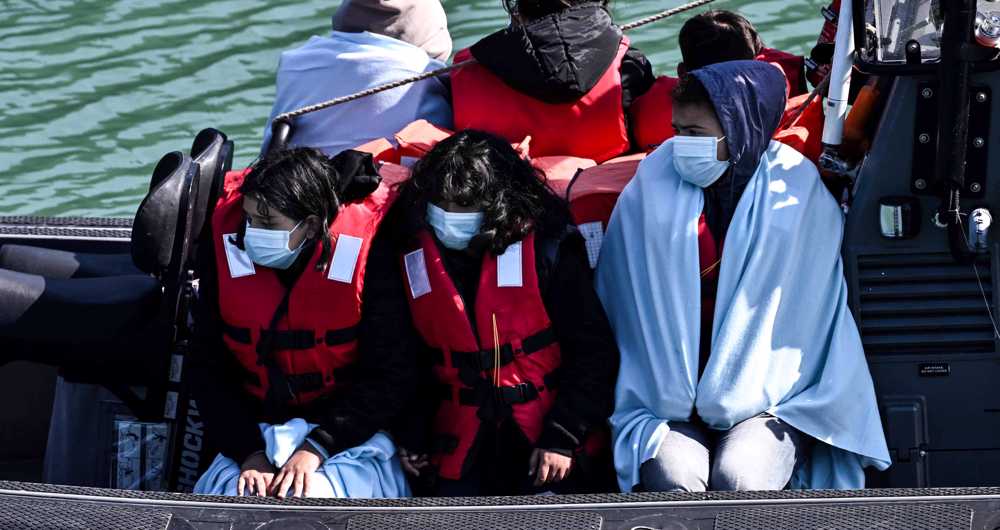

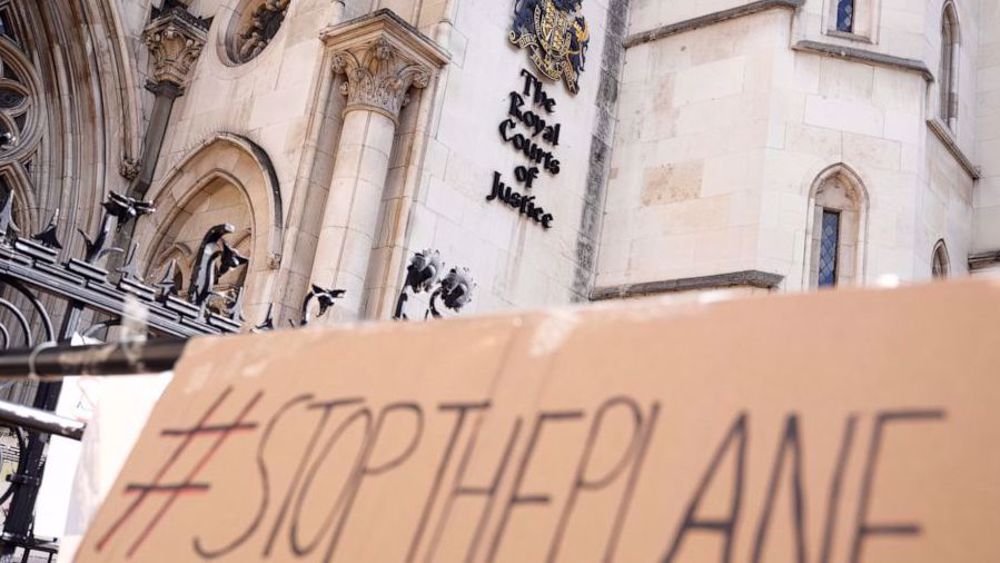

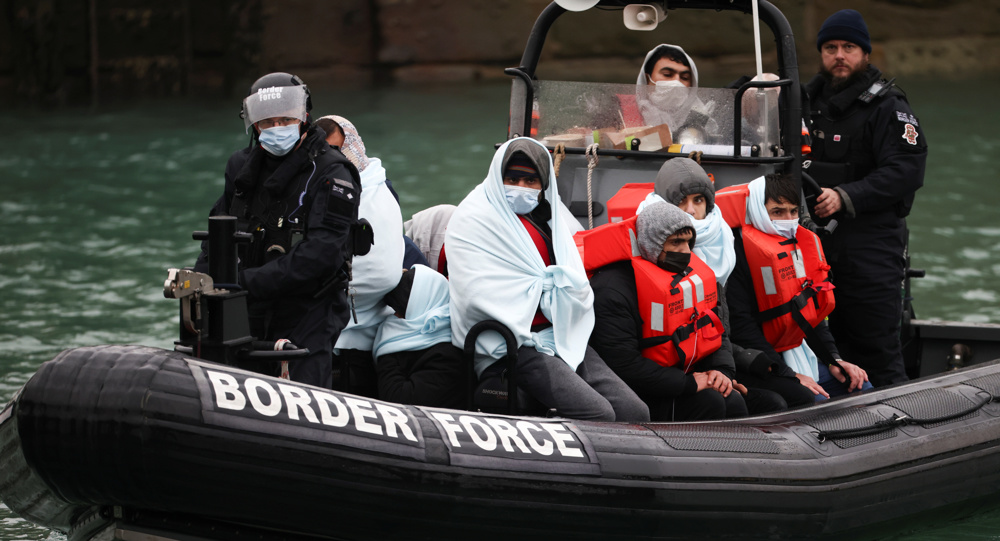
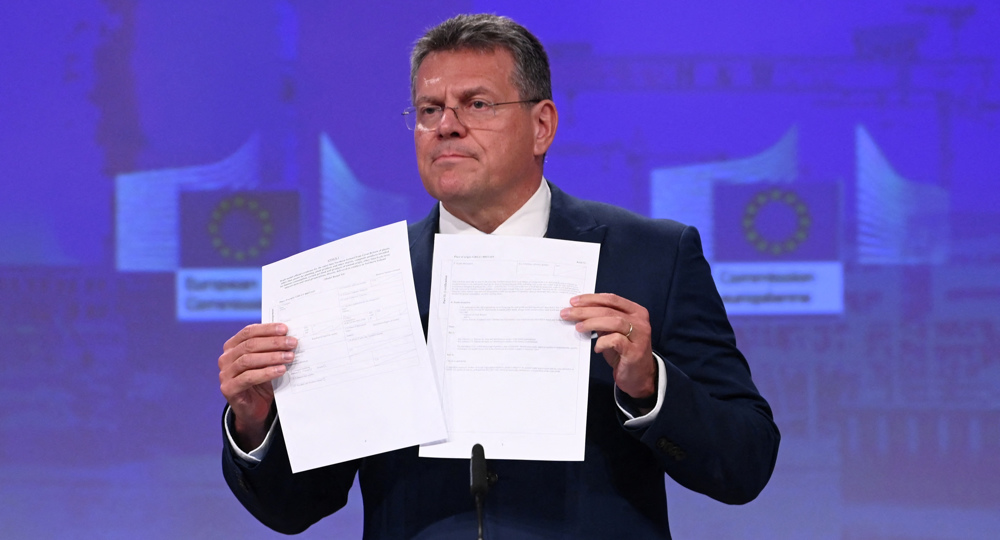
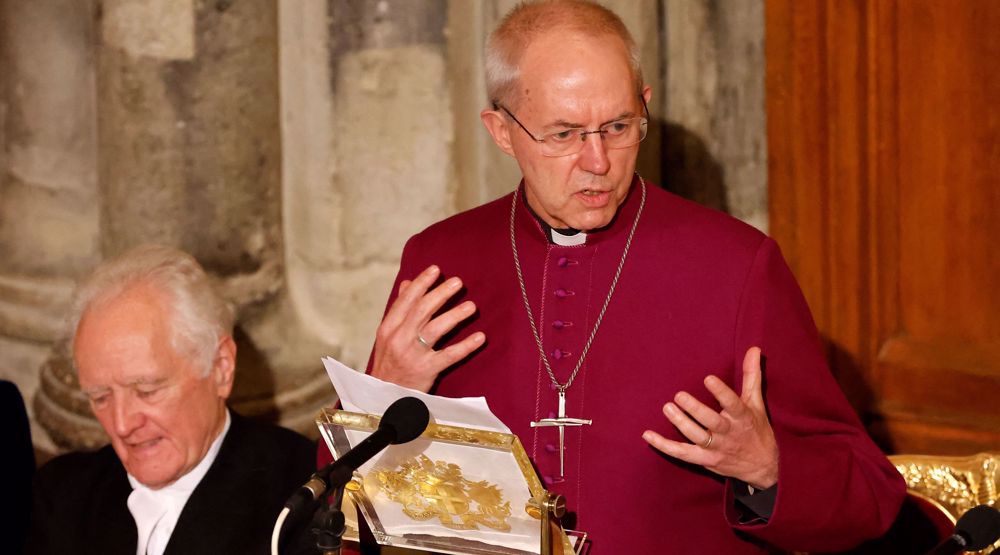







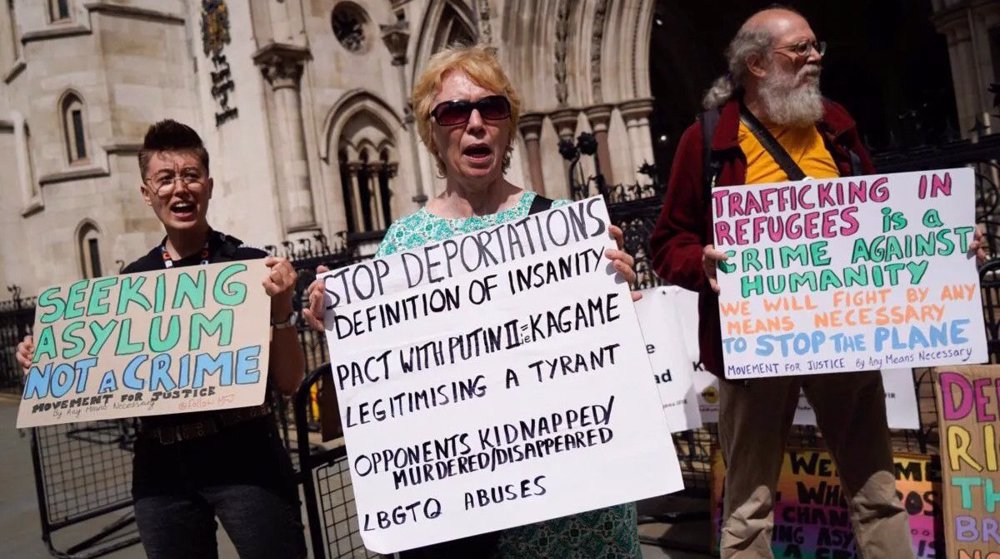

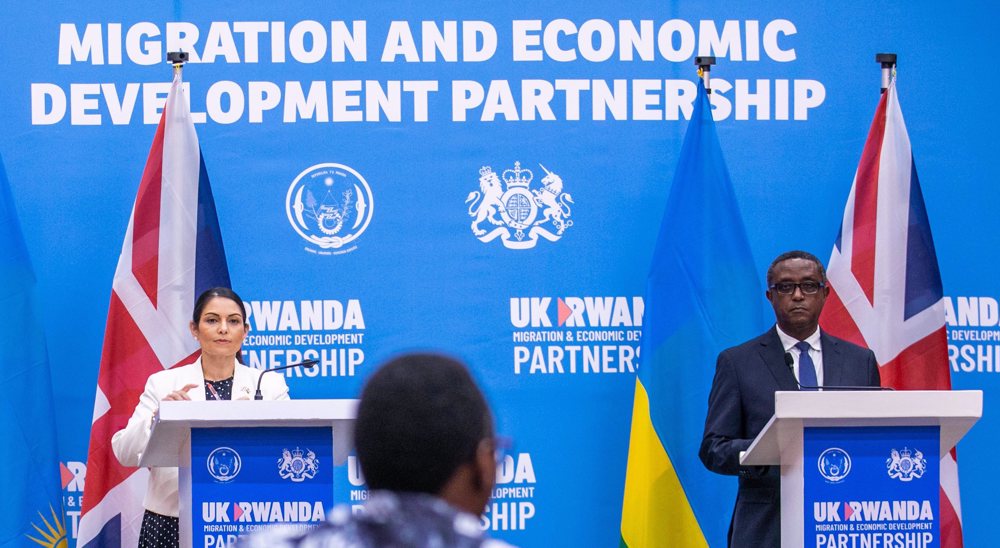


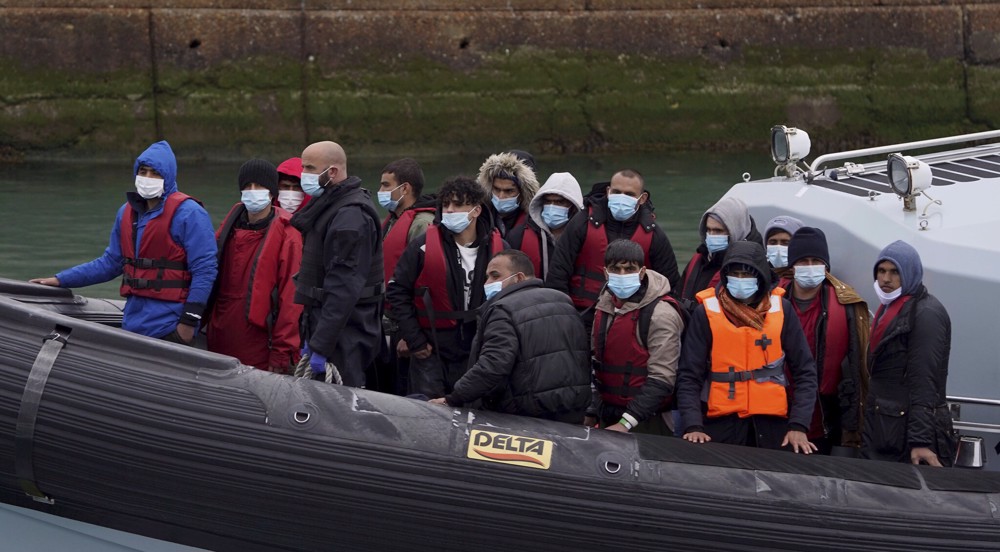

 This makes it easy to access the Press TV website
This makes it easy to access the Press TV website